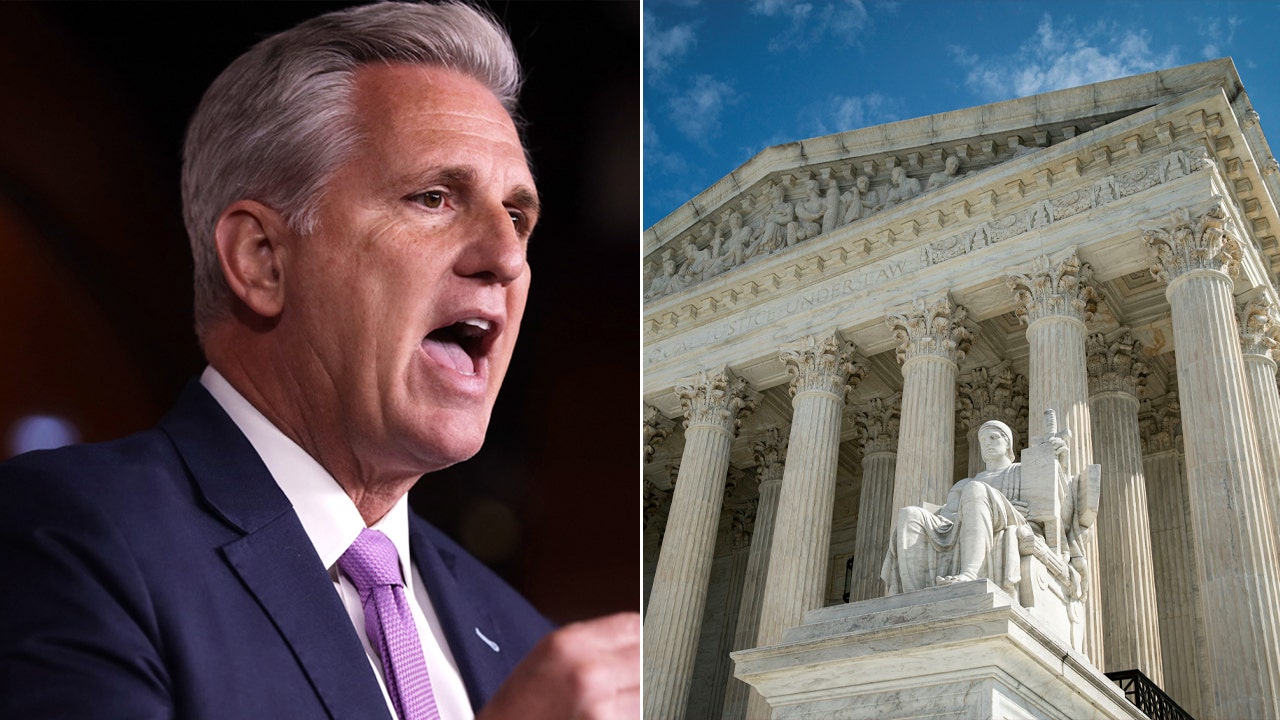nomadic5
Platinum Member
- Nov 28, 2022
- 4,966
- 2,612
- 908

House strikes blow against federal regulations, votes to overturn controversial Supreme Court ruling
The House of Representatives voted Thursday to overturn a Supreme Court ruling from 1984 that Republicans say gives the executive branch too much authority to set federal regulations.
This is unbelievable.. that SCOTUS would make a ruling like this..
site
Chevron U.S.A., Inc. v. Natural Resources Defense Council, Inc. case effectively told courts that they should defer to federal agencies when they interpret laws passed by Congress as they write regulations.
comments
Federal agencies???
You mean like the one Lois Lerner was in control of? (so glad she was held accountable
You mean the one that refuses to cooperate with Congress about bribery charges against the "president"????
Most of the time, it seems SCOTUS gets things right... (?)
not in Roe
and not here...
Last edited: